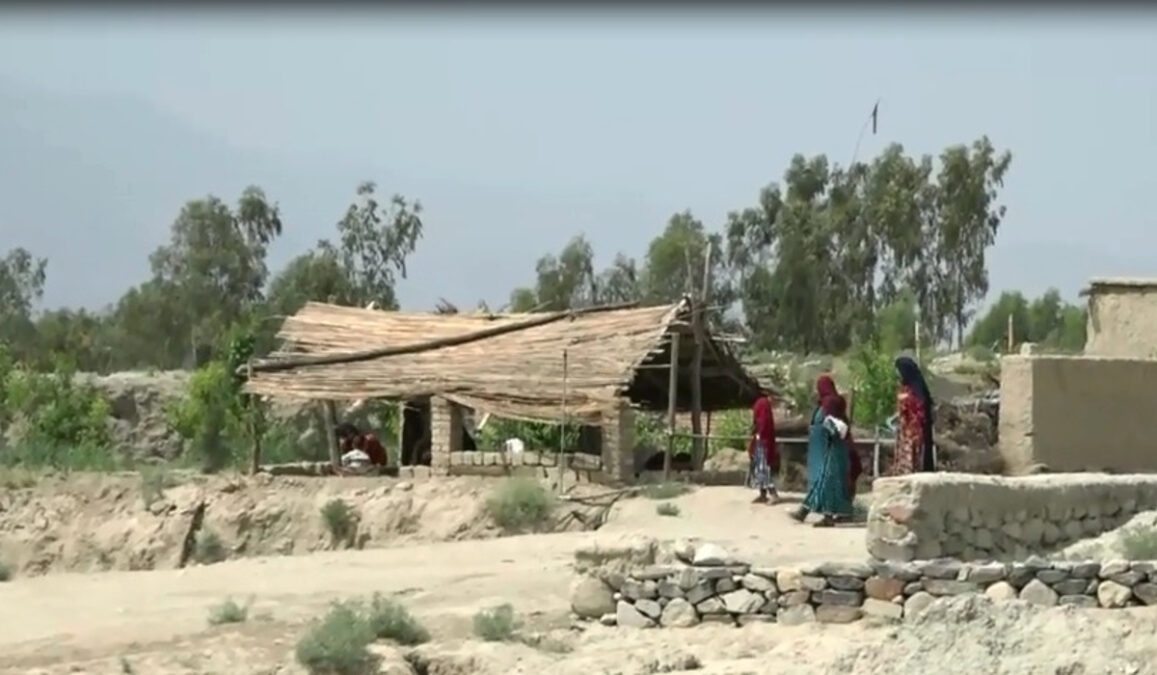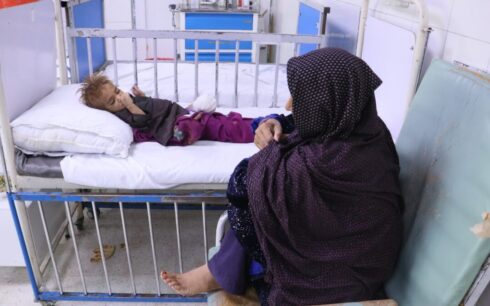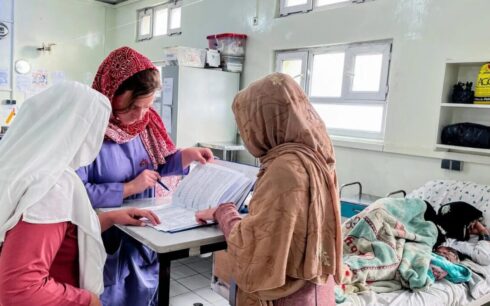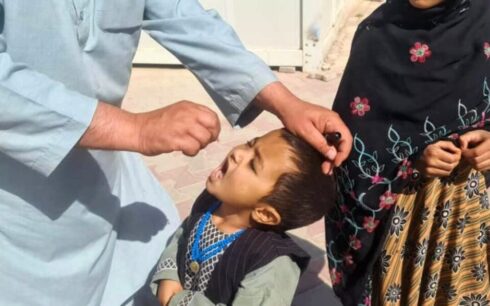Residents of Laghman province in the east of the country said many services, including health services, are as weak under Taliban rule as they were during the previous government’s tenure.
They also said that the level of attention by the local authorities to address people’s concerns has not improved.
Residents of Alishang and Qarghaee districts in the province said that the lack of health services, the lack of clean water and the lack of attention to resolving reconstruction problems are the major problems that have been plaguing them for a long time.
“We had problems in the previous government as well. Patients did not reach hospital on time and were not treated properly in the district hospital,” said Bahram, a resident of Alishang district.
“The Taliban hindered the services before, but now it is their rule and they should pay attention to our problems.”
Syed Karim, a resident of Qarghaee district, said they also face a severe lack of clean water in the district.
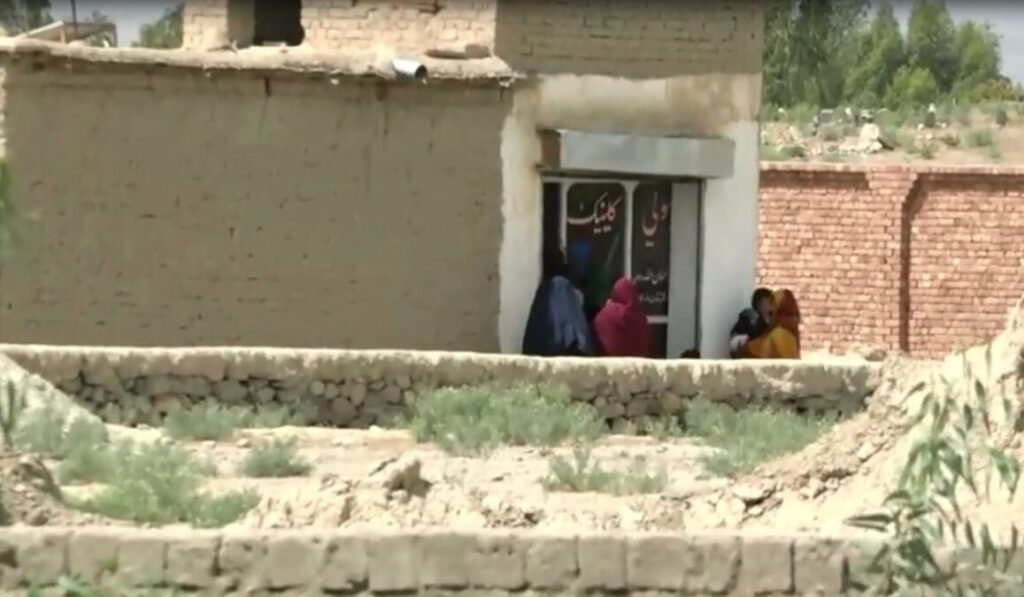
He said that the water levels in wells in the area have decreased and the water is no longer clean. This meant they do not have access to clean drinking water, he added.
Karim stated that the Taliban authorities in the Qarghaee district are also not paying attention to the problem.
Tribal elders from the district said they are concerned about the issue, adding that they have shared the problem with Taliban officials, but no action has been taken as yet.
They said that residents of Zafaran village in Alishang district are also facing many health problems, which need to be addressed.
Taliban officials in Laghman meanwhile said they are aware of the issues, adding that steps will be taken to address the problems.
The issue has been shared with the central administration, Taliban governor for Laghman, Qari Zainul Abedin Abid, said.
“A few days ago, we had a meeting with the officials of a number of institutions, and the institutions active in the fields of health, education and wells have also promised to help,” he added.
But residents of the two districts said they are not sure whether the Taliban will keep its promise as they have been told many times that their problems will be addressed.
Health system crisis
The World Health Organization said in January that Afghanistan’s health system was on the brink of collapse and that urgent action was needed.
Ten months later, the WHO stated that Afghanistan continues to face health challenges and about 18.1 million Afghans are in urgent need of health assistance.
In a report last month, the WHO stated that it has worked with the health cluster partners to serve the most vulnerable communities in providing lifesaving support across the country.
WHO stated it has continued to provide medical and non-medical supplies and capacity building of healthcare workers, and that it recently expanded its support to healthcare services delivery in underserved areas by establishing primary healthcare facilities.
About 13.3 million people in 34 provinces who reside in areas where primary healthcare is not within one hour’s walk from their dwellings have been identified, the organization stated, adding that by the end of September 2022, it had established 177 primary healthcare facilities in 29 provinces, reaching more than 265,000 people, in collaboration with 19 partners.

